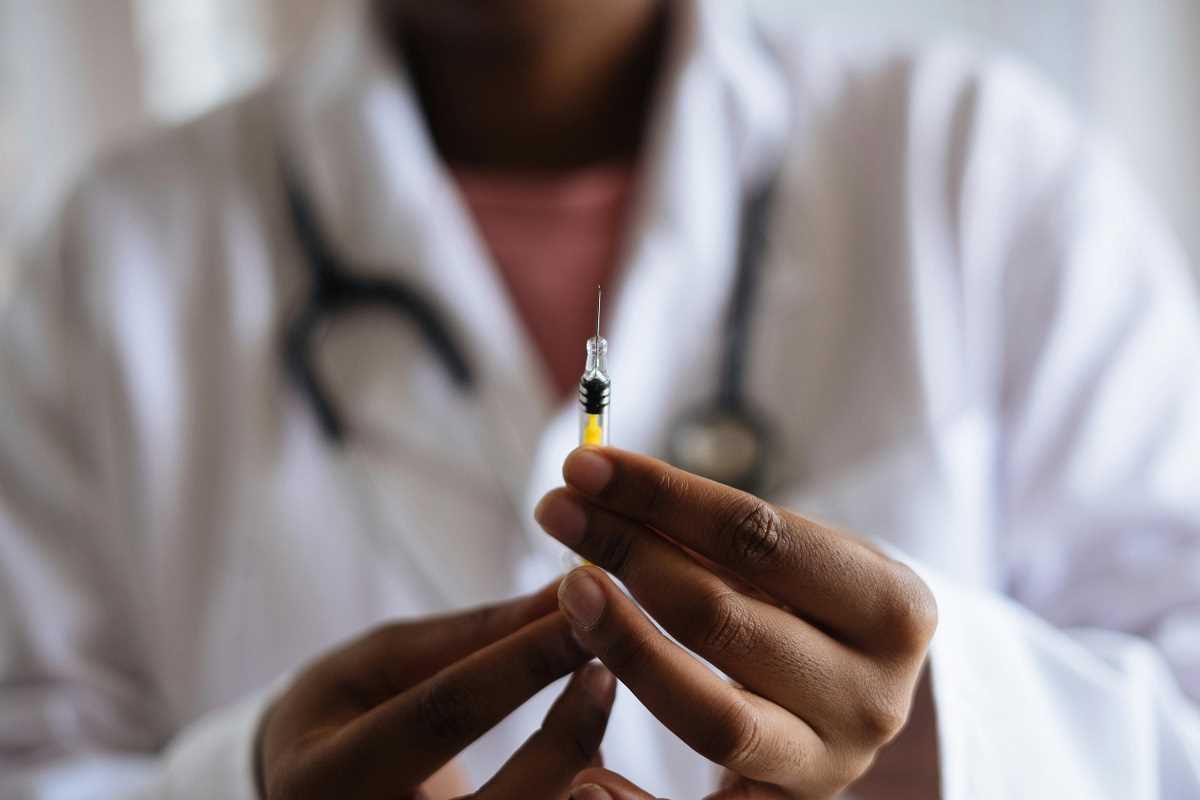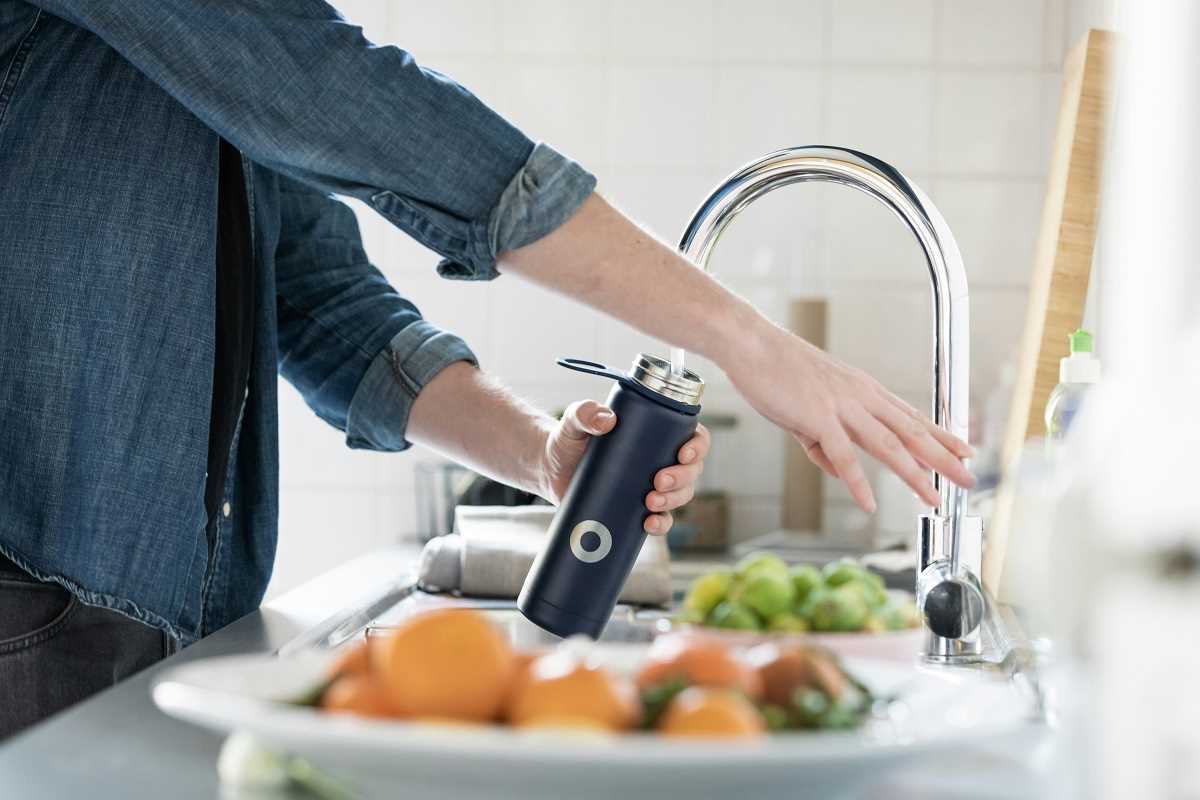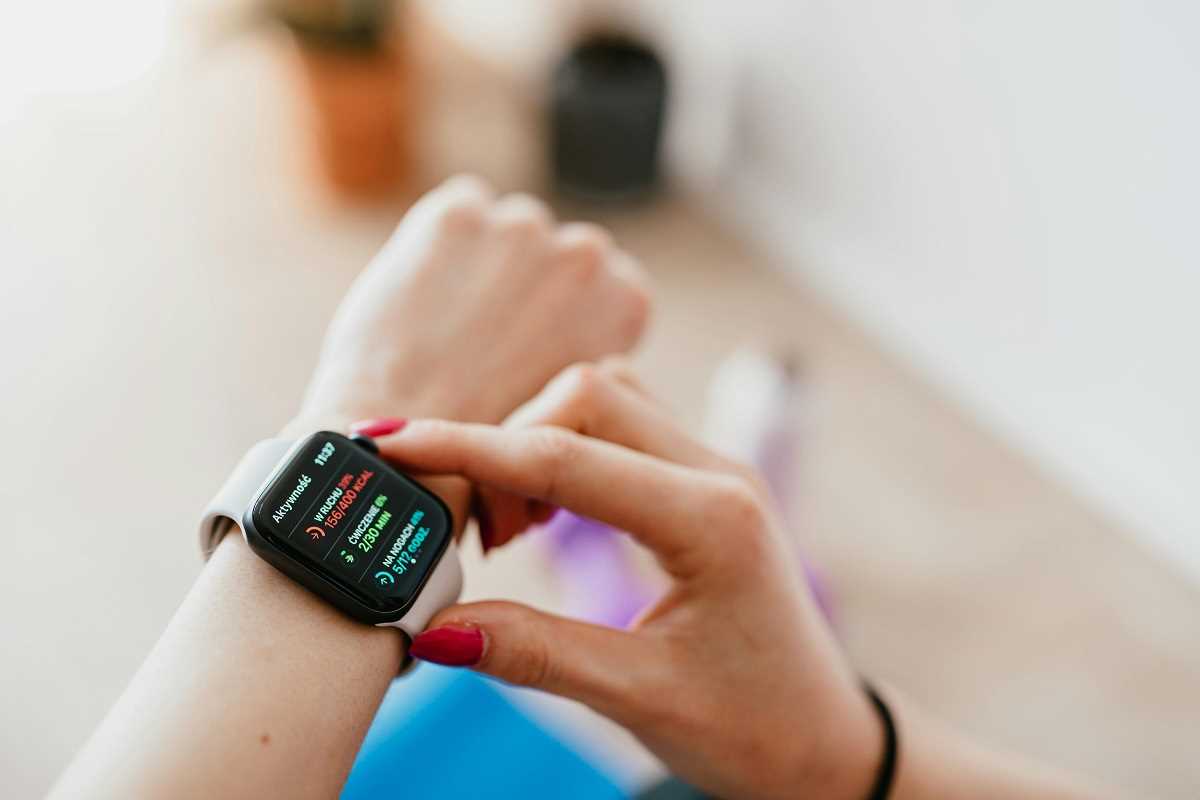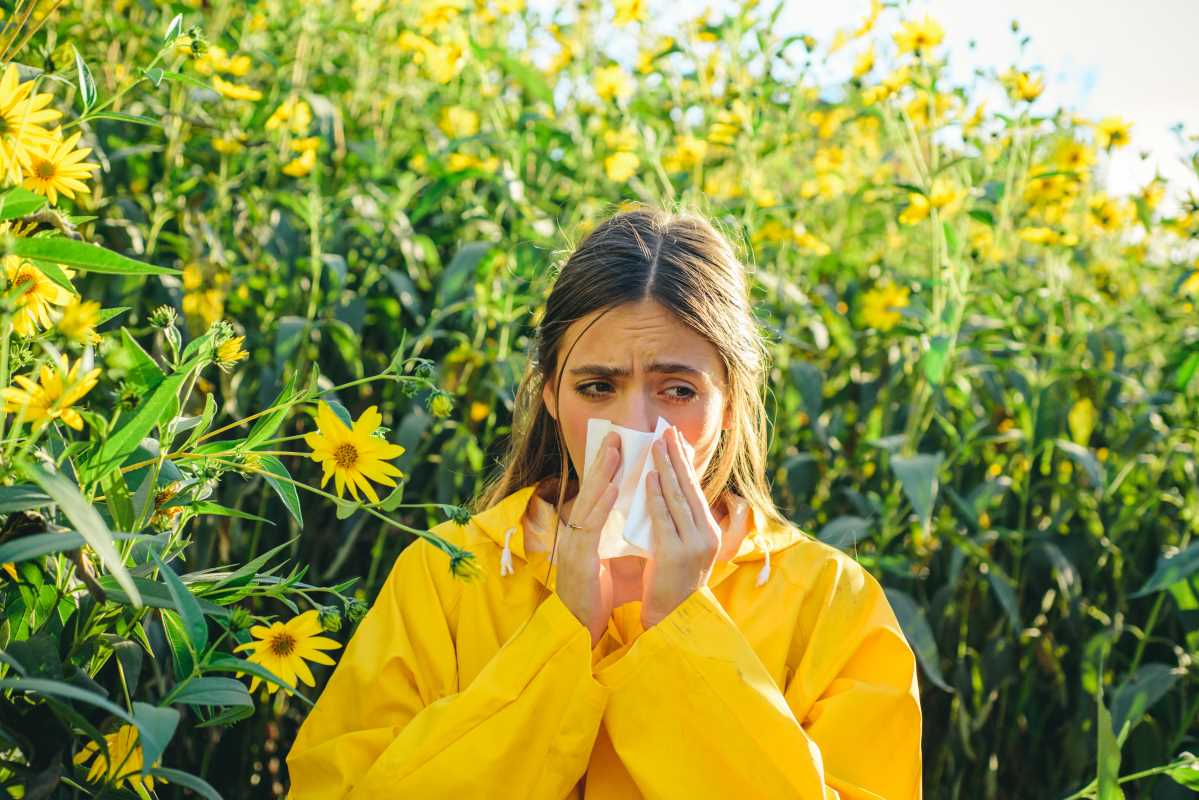Over the past few years, COVID-19 has changed the way we live. From lockdowns to vaccines, we’ve worked hard to fight this virus. One important tool in this effort is COVID vaccine boosters. You might have heard about them from your family, on the news, or at school. But what exactly are they, and why do they matter? Here’s a simple guide to help you understand.
What Are Vaccine Boosters?
Think of vaccine boosters like a refresher course for your immune system. When you get a vaccine, your body builds up defenses, or antibodies, against the virus it’s designed to protect you from. These antibodies don’t stick around forever, though. Over time, the number of these antibodies can drop, and your immune system might "forget" how to fight the virus as effectively.
A booster shot gives your immune system a reminder or a "boost." It wakes antibodies back up and helps ensure your body is prepared if it comes into contact with COVID-19 again.
To give an analogy, imagine your immune system is a sports team. When you get the original vaccine, it’s like the team has gone through a full training camp and learned all the plays. Over time, without practice, they might start to forget the details. A booster is like a quick refresher practice, sharpening their skills so they can still win the game.
Why Are Boosters Important?
COVID-19 vaccines have been incredibly effective at preventing severe illness and hospitalization. However, as time passes, their protection can fade. Boosters help extend the vaccine's protection and keep you safer, especially if new strains (or variants) of the virus start spreading.
The virus that causes COVID-19, called SARS-CoV-2, has been evolving. You’ve probably heard of variants like Delta or Omicron. These new versions of the virus can sometimes spread faster or cause more severe illness. Boosters are updated to address these changes, giving your body a better chance against newer variants.
Boosters are especially important for people at higher risk, like older adults, those with weakened immune systems, or individuals with certain health problems. But even if you’re young and healthy, boosters help add another layer of protection and can prevent you from spreading COVID-19 to others.
Who Should Get a Booster?
The recommendation for boosters depends on a few factors, such as your age, health status, and when you got your last COVID-19 vaccine. Right now, most health guidelines recommend that anyone over the age of 6 months who’s received their initial COVID shots should also get a booster. It’s an important step in staying up-to-date with your vaccine protection.
If you’re a healthy teenager or young adult, you might wonder if you really need one. The short answer is yes! While COVID is often less severe in younger people, it can still hit hard. Plus, high vaccination rates (including boosters) help reduce the spread of the virus in your community, protecting people who are more vulnerable. It’s like a team sport—everyone doing their part leads to better overall results.
When Should You Get a Booster?
Timing matters when it comes to boosters. You usually wait a few months after your last vaccine dose or your last COVID-19 infection before getting one. For most people, that’s about six months. However, newer guidelines suggest some flexibility depending on your specific situation, so it’s always a good idea to check with a healthcare provider or a trusted resource.
If there’s an updated booster available, it’s often designed to protect against both the original virus and newer variants. This is called a bivalent booster. Getting these updated shots ensures that your immune system is prepared for the versions of COVID-19 you’re most likely to encounter.
What Are the Side Effects?
The side effects of COVID-19 vaccine boosters are usually mild and temporary, similar to what you might have experienced with your original vaccine doses. Common side effects include:
- Soreness or redness where you got the shot
- Feeling tired or having low energy
- A mild headache
- Muscle aches
- A low-grade fever or chills
These are signs that your immune system is working hard to build protection. They often last just a day or two and don’t require any special treatment.
Serious side effects are extremely rare, but if you notice anything unusual, like chest pain, trouble breathing, or a very high fever, you should contact a healthcare provider right away.
How Do Boosters Work in the Body?
Vaccines, including boosters, train your body to recognize and fight the virus. They do this without actually giving you the virus itself. Instead, the vaccine contains instructions (messenger RNA, or mRNA, in the case of most COVID vaccines) that teach your body how to spot a spike protein—a unique part of the COVID-19 virus.
When your body spots this “fake” version of the spike protein, it produces antibodies ready to fight the real virus if you encounter it in the future. Getting a booster shot helps your body remember these instructions and makes sure the antibodies are strong enough to respond quickly.
Why Does This Matter for Young People?
You might think COVID-19 is only a big deal for older adults or people with health issues. But even if the virus doesn’t make you very sick, getting vaccinated and boosted helps slow the spread of COVID. This protects your friends and family, especially those who might be more at risk.
Boosters also reduce the chances of long COVID, which is when symptoms like fatigue, brain fog, or breathing trouble linger for weeks or months after an infection. And don’t forget, schools and social activities can only run smoothly when the community is healthy and outbreaks are kept under control. By staying vaccinated, you’re contributing to a safer, more normal way of life.
Final Thoughts
Getting a COVID vaccine booster isn’t just about protecting yourself—it’s about protecting those around you. Think of it as doing your part to keep your school, family, and community safe.
If you’re unsure about your booster or have questions, talk to a parent, teacher, or doctor. They can help you figure out when to get it and what to expect. Boosters are an easy step toward staying healthy and keeping the fight against COVID-19 going strong. Remember, science has given us the tools—we just need to use them!
 (Image via
(Image via





